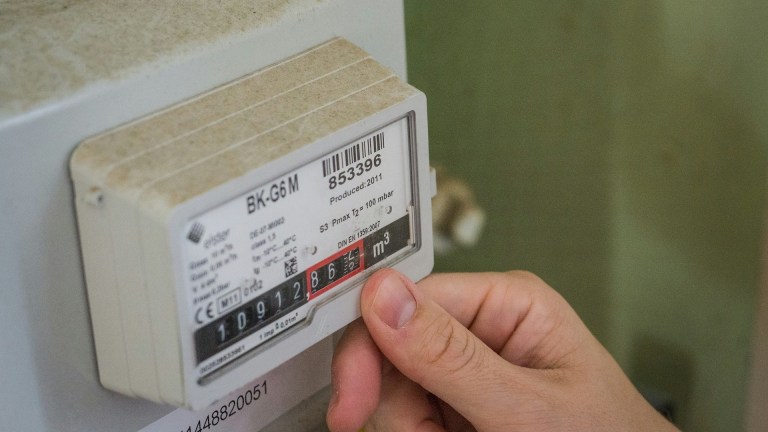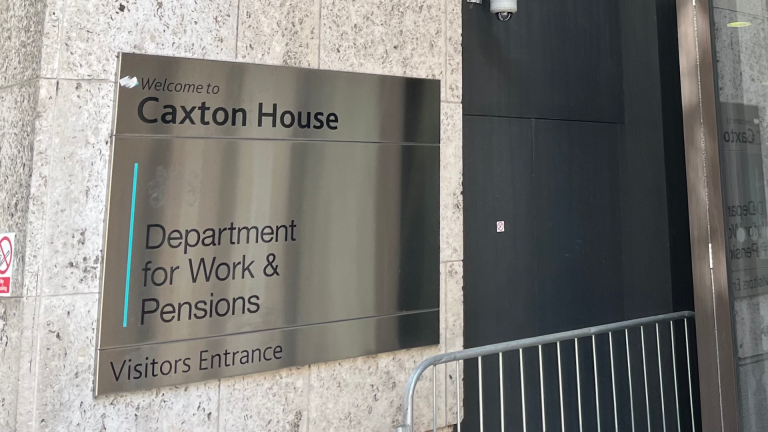“It’s shocking that in 2021 so many are forced to go hungry in order to repay debts built up as their income doesn’t even cover basic living costs,“ said Victoria Benson, chief executive at charity Gingerbread.
“Before the pandemic around 70 per cent of single parents were in work, but this didn’t protect them or their children from poverty.
“It cannot be right that single parents actually work their way into debt rather than out of it.”
Researchers surveyed nearly 1,700 single parents between November and January about how they had fared during the pandemic.
Those working full-time were more likely to plunge into debt because of rising childcare costs, with a quarter relying on credit to pay for it.
Up to 13 per cent of single parents were already in problem debt before Covid-19 hit the UK, compared to five per cent of couple parents.
Advertising helps fund Big Issue’s mission to end poverty
Single parents are more likely to work in sectors such as retail and hospitality, meaning they have been disproportionately impacted by job losses or furlough income cuts. Half fell behind on rent or mortgage payments in the depths of lockdown.
They are also twice as likely as to both have no computer equipment at home and have a child on free school meals, driving up home-schooling costs in lockdown.
Single parents’ mental health is taking a hit as the daily pressure of providing for a family without support takes its toll. Nearly 70 per cent of single parents in debt reported suffering from depression, researchers found.
“The findings of this report make for sobering reading, revealing that even before the pandemic, squeezed incomes, rising childcare costs and a lack of benefit protection were routinely sweeping single parents into hardship, even among those in work,” Phil Andrew, CEO at debt charity StepChange, said.
“Covid-19 has poured fuel on this fire, with alarming numbers of single parents using food banks and even skipping meals in order to feed their children.
Advertising helps fund Big Issue’s mission to end poverty
“Year after year, we’ve seen disproportionate numbers of single parents coming to StepChange for support and, particularly in light of the pandemic’s damaging effect on people’s finances, it’s never been more crucial to understand why.”
Both charities called for the Government to end the debt trap by strengthening the safety net around them.
Making the £20 Universal Credit increase would go some way to achieving this in the short term, they said, urging ministers to extend the increase to people on so-called legacy benefits.
The Government should also scrap the benefit cap, they added, and take action on parents who avoid paying child support.
Last week the All Parliamentary Group on Poverty pressured ministers to show commitment to ending poverty for good by keeping the £20 increase. The Government insists that “discussions are ongoing”. Ministers will cut Universal Credit in April, costing claimants £1,040 a year.










